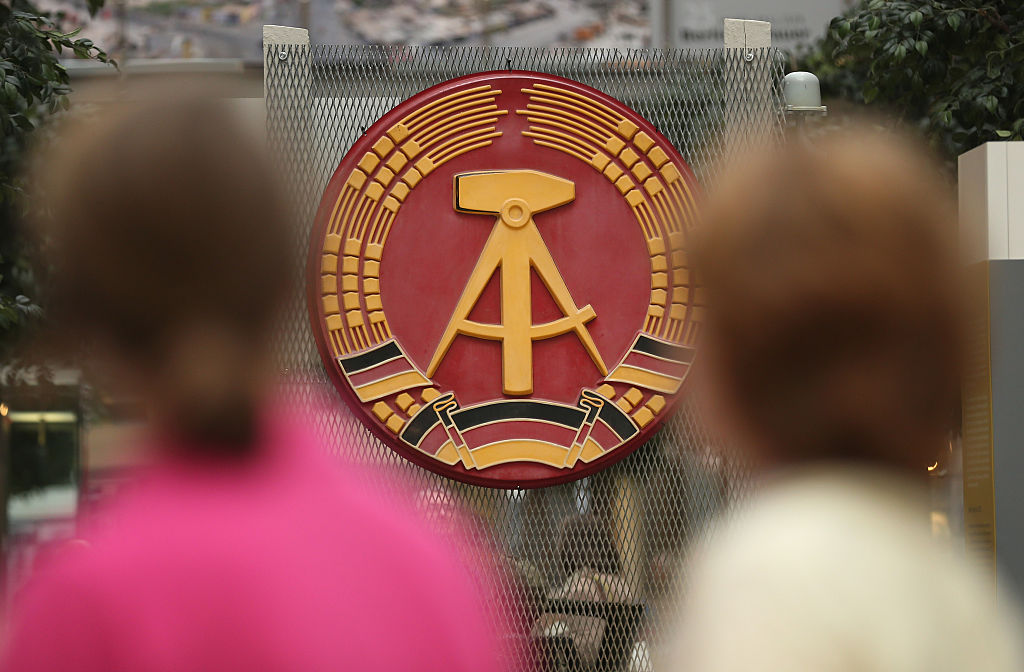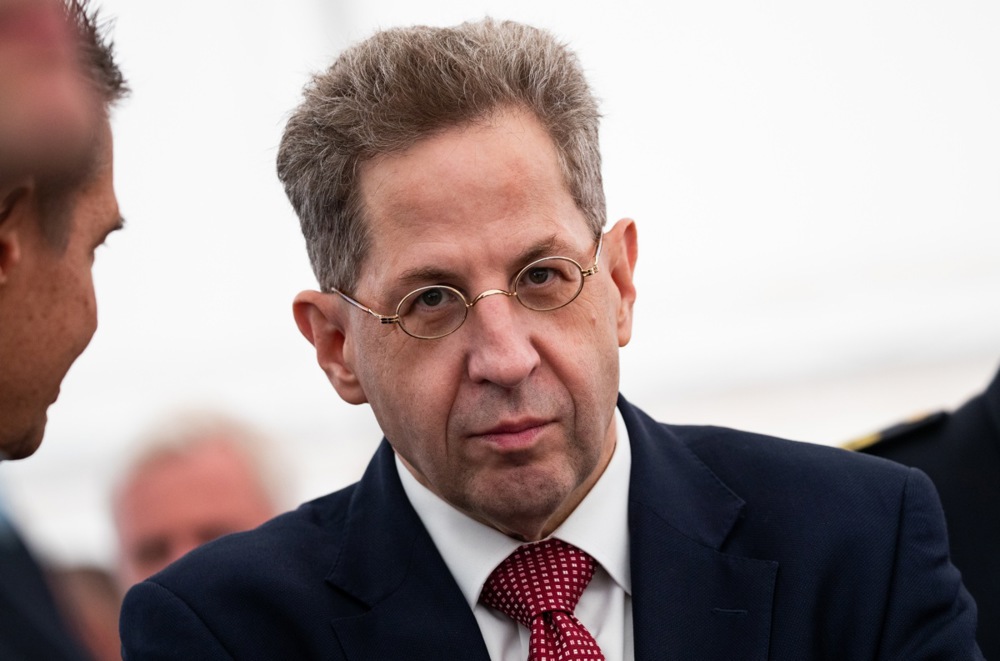The forthcoming 2024 elections in Germany could leave the country “ungovernable”, a historian has warned.
Katja Hoyer, an expert on the history of the formerly Communist-controlled East Germany, drew parallels between the Weimar period, arguing that while 2024 was certainly a less “dangerous” time overall, it still bore similarities to the pre-Nazi era.
Speaking to Justin Stares, the Head of News at Brussels Signal, Hoyer compared how establishment politicians in both the current and Weimar periods failed to combat the rising tide of populism.
She criticised efforts to marginalise the hard-right Alternative für Deutschland (AfD) party as having backfired, with the group’s popularity “only increasing” over time.
The group is now on track to win all three state elections due to take place in Eastern Germany this year, That would make ruling the states difficult, both with and without the help of the party, Hoyer said.
According to her, a ruling coalition including the AfD would involve handing the controversial group considerable power, something deemed to be politically unviable for all mainstream German political groups, she said.
Attempting to form a coalition without it would involve bringing together a disparate group of political parties into a single power block, which would make the act of governing nearly impossible, Hoyer stated.
“Eventually, it becomes very difficult to rule without [the AfD],” she warned.
“If you form a coalition against them, you create such a broad political spectrum that it becomes very, very difficult to run the country together, because the whole point of that coalition would be to keep the AfD out of power.
“Then you do indeed end up in a very similar situation that brought one Weimar government after another down in the 1920s.”
WATCH: Professor @WernerPatzelt says it would be a "big surprise" if the @AfD failed to make huge gains in the upcoming EU elections as it gives a voice to those disillusioned with Germany's political class.
Watch the full interview here: https://t.co/TilEsTOEhk @MCC_Brussels pic.twitter.com/aEjrscvQUJ
— Brussels Signal (@brusselssignal) January 25, 2024
Hoyer argued that mainstream politicians now needed to work to regain the “trust of normal German voters”, both in the East and the West.
That would involve pulling back on criticising those who vote for the AfD. She described such attacks as unhelpful, even if one considered certain elements of the party as “undemocratic”.
“What people must not confuse is that the vote for [the AfD] isn’t, by definition, undemocratic,” Hoyer said, arguing that a “positive case for other politics” was now needed to “entice people back”.
“You cannot tell people in a democracy that their vote doesn’t count, or is wrong, or is not valid because that is undemocratic in itself.
“Some of the placards, for example, at the mass demonstrations [against the AfD] that have been happening, where people were calling AfD voters ‘disgusting’ and ‘neo-Nazis and fascists’, that’s no way to win anybody back.
“It’s a fifth of the population we are talking about at the moment,” she added.
“You can’t stand there and tell these people that they are disgusting and then tell them to vote for you again afterwards.”
PHOTO STORY: Hundreds of thousands of people took to the streets in Germany to demonstrate against the populist right-wing AfD party, seen by many protestors as “neo-Nazi”. https://t.co/h0hbwhZgSA
— Brussels Signal (@brusselssignal) January 22, 2024





